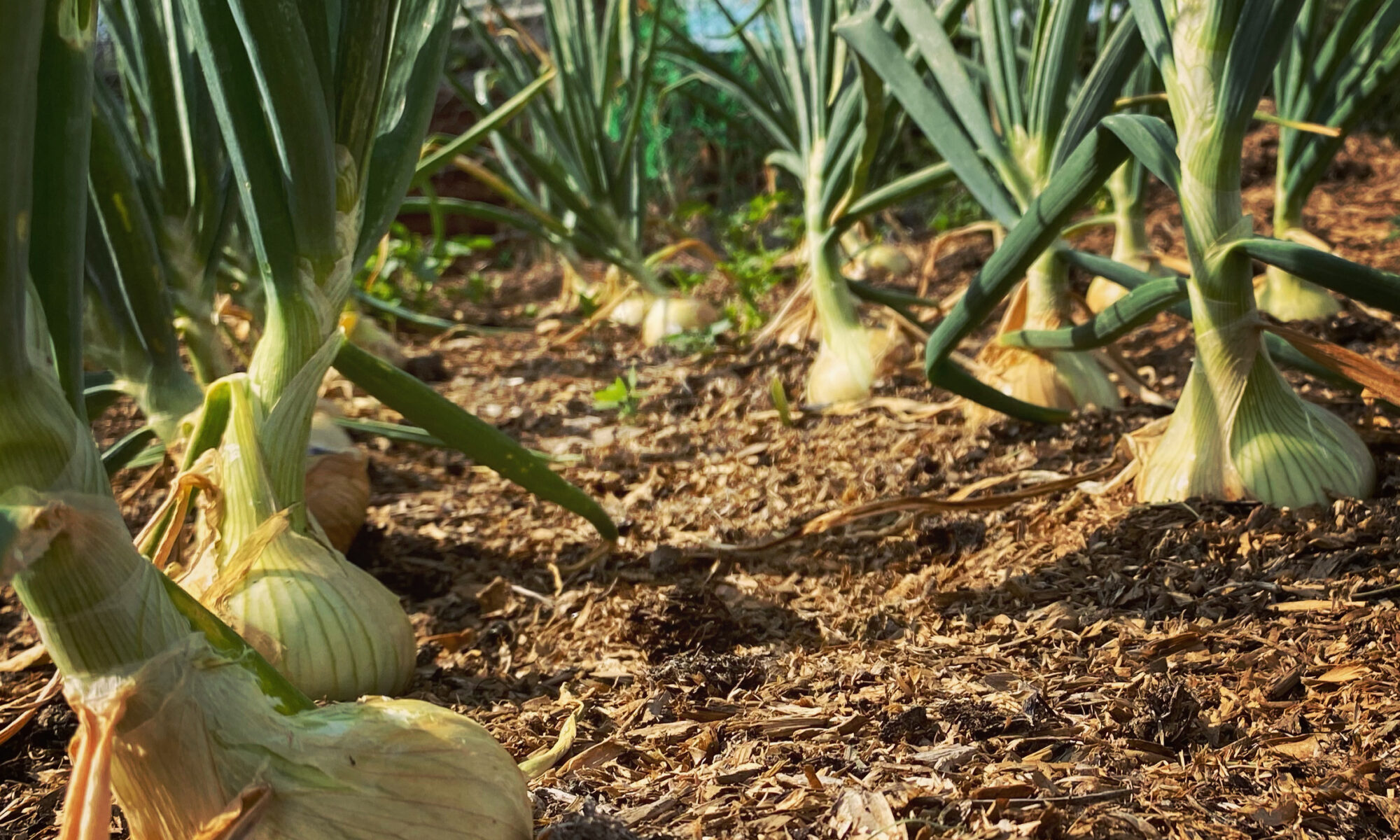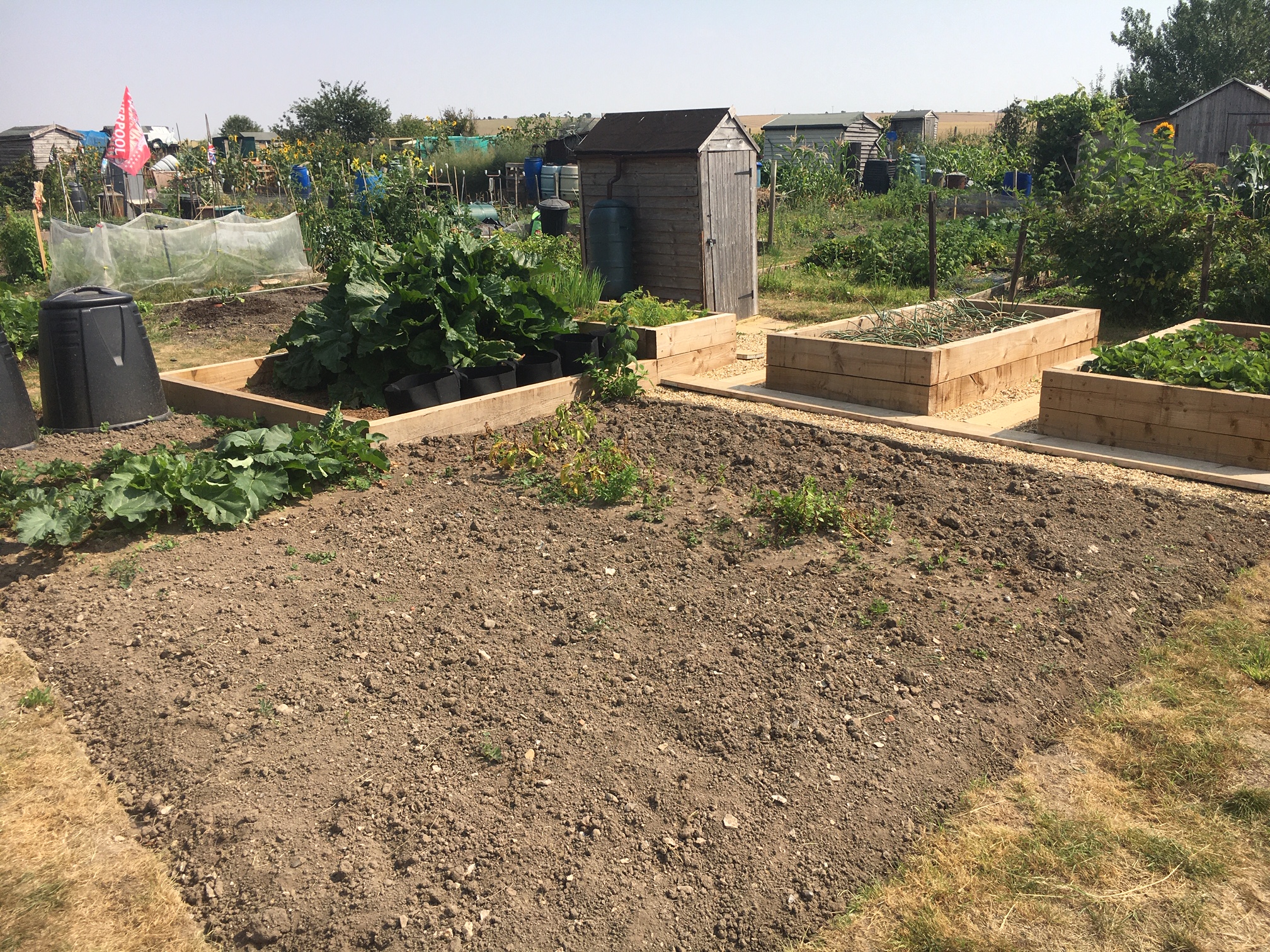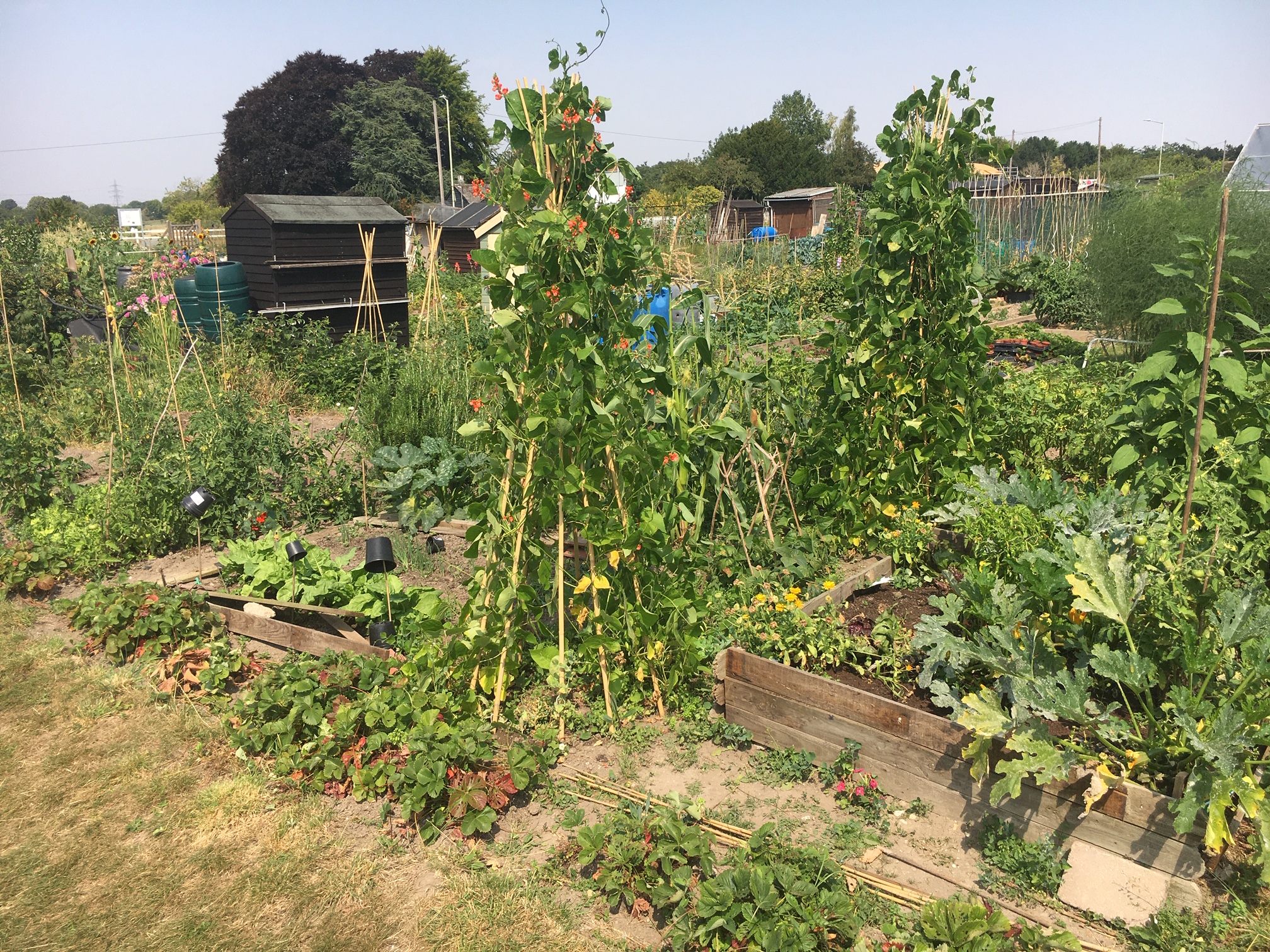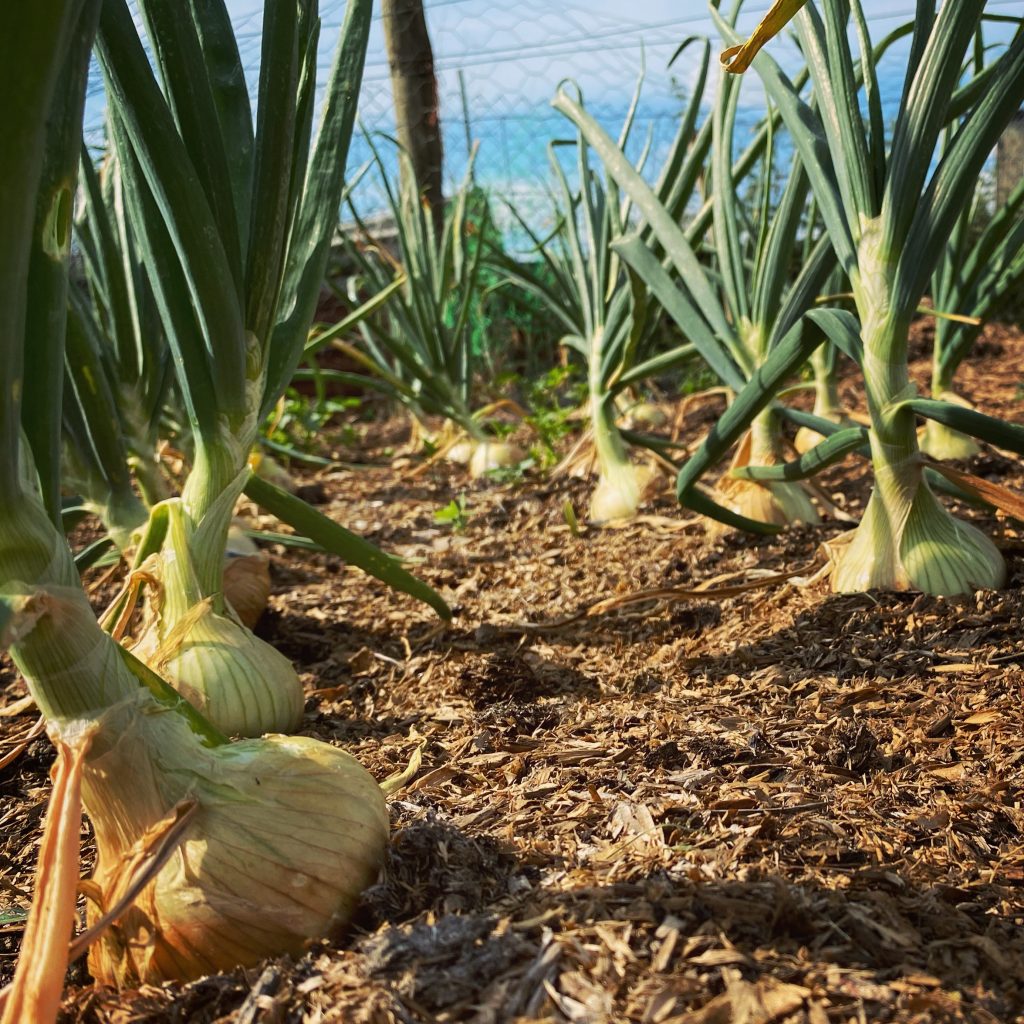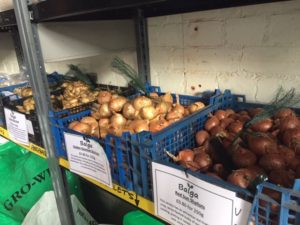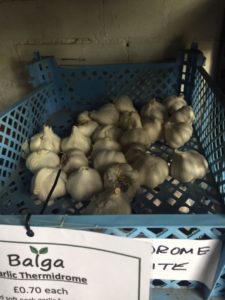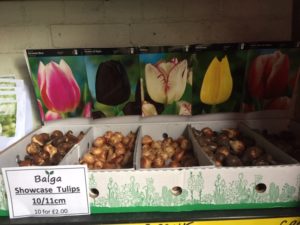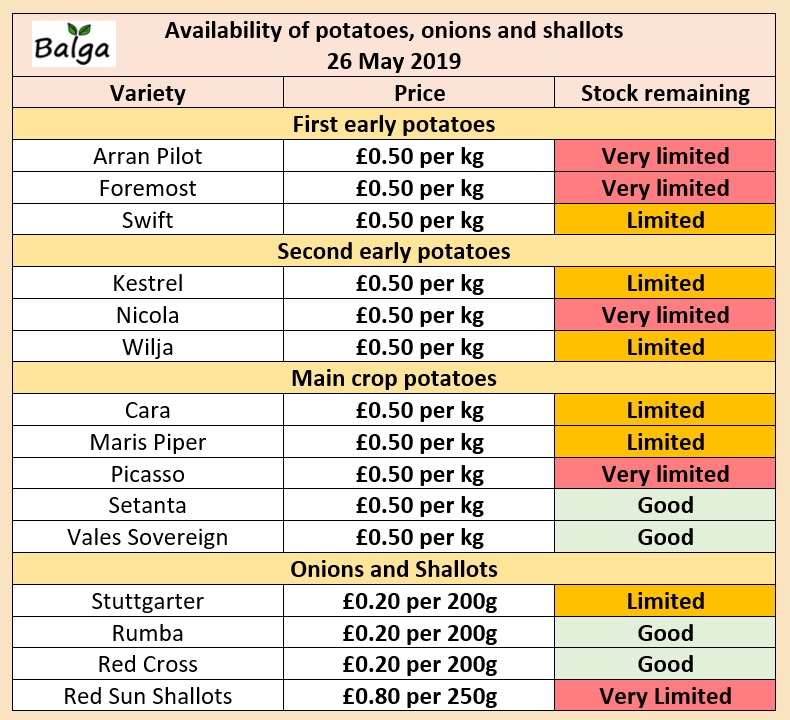I started to garden organically when I had my first plot in 1972. I was inspired by buying a copy of the book ‘Grow your Own Fruit and Vegetables’ by Laurence D Hills. Laurence was the founder of The Henry Doubleday Research Institute, which is now known as Garden Organic.
The great advantage of organic growing to me is that I know there are no herbicide or pesticide residues in the food I grow. I do, of course get bug and fungus attacks, but by and large nature sorts these out with a little help. I grow comfrey and use this to make a liquid feed. This is the only fertiliser I use for tomatoes etc. I do use chicken manure pellets, as well as horse manure and homemade compost. If I have serious bug infestation, I use garlic spray, click here to find out more.
Generally, I do not use fungicide. I used to use Bordeaux Mixture, but that is no longer accepted as organic, except by French wine growers! My only exception is when potting up and planting out courgette and squash plants, as they are susceptible to damping off, a fungus issue. However, my solution is just to water well with fresh tap water, which has just enough chlorine in it to kill the fungus.
There is plenty more information as well as tips and advice on organic gardening on the Garden Organic website.
I also belong to the Heritage Seed Library, part of Garden Organic, and have been saving seeds for many years. Some seeds, like peas and tomatoes are easy to save because they do not cross. Others, like squashes cross readily, so you are never sure what will grow from saved seed. I always have surplus tomato seeds, so if any BALGA member wants to try a heritage variety, click here to send me an email.
Phil Charsley (General Secretary)


